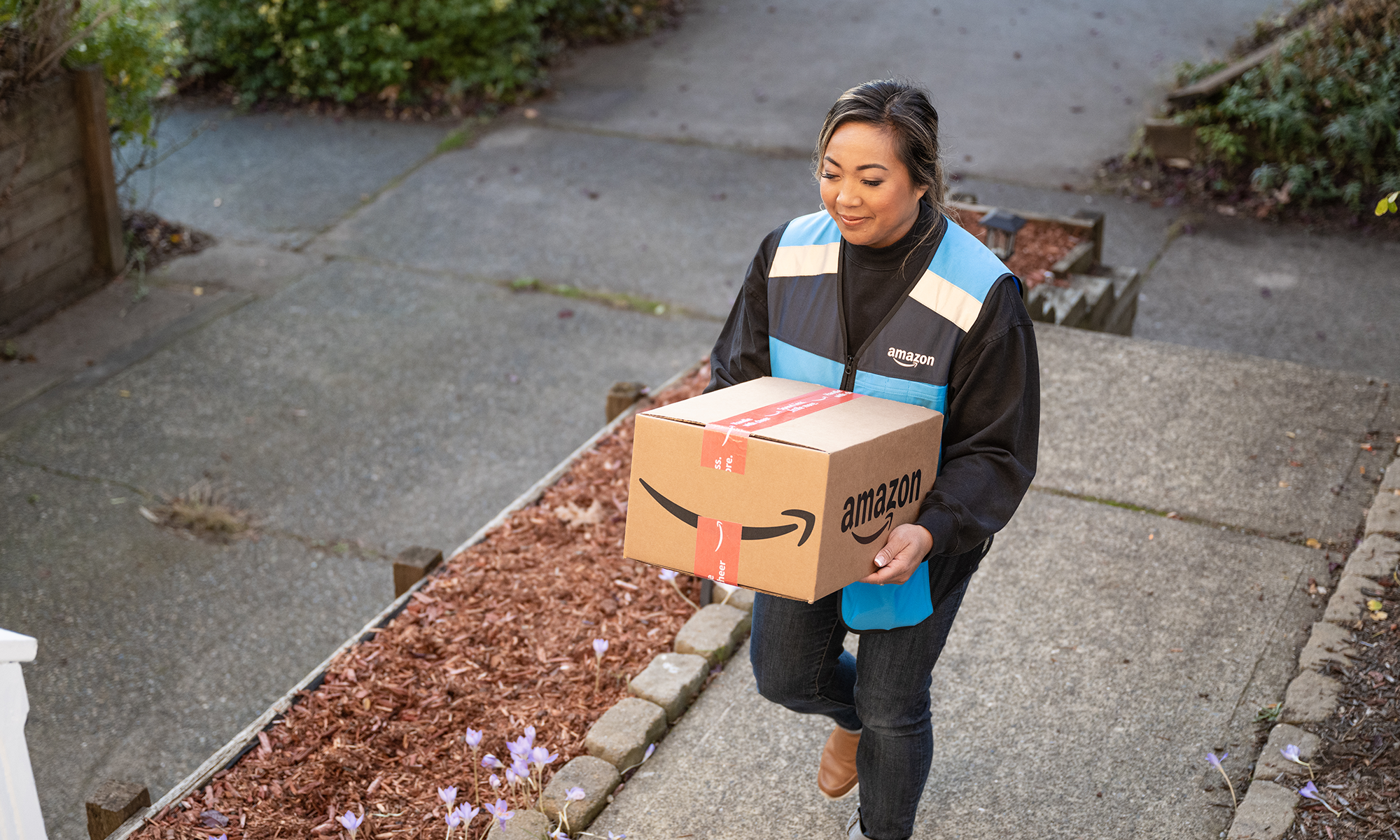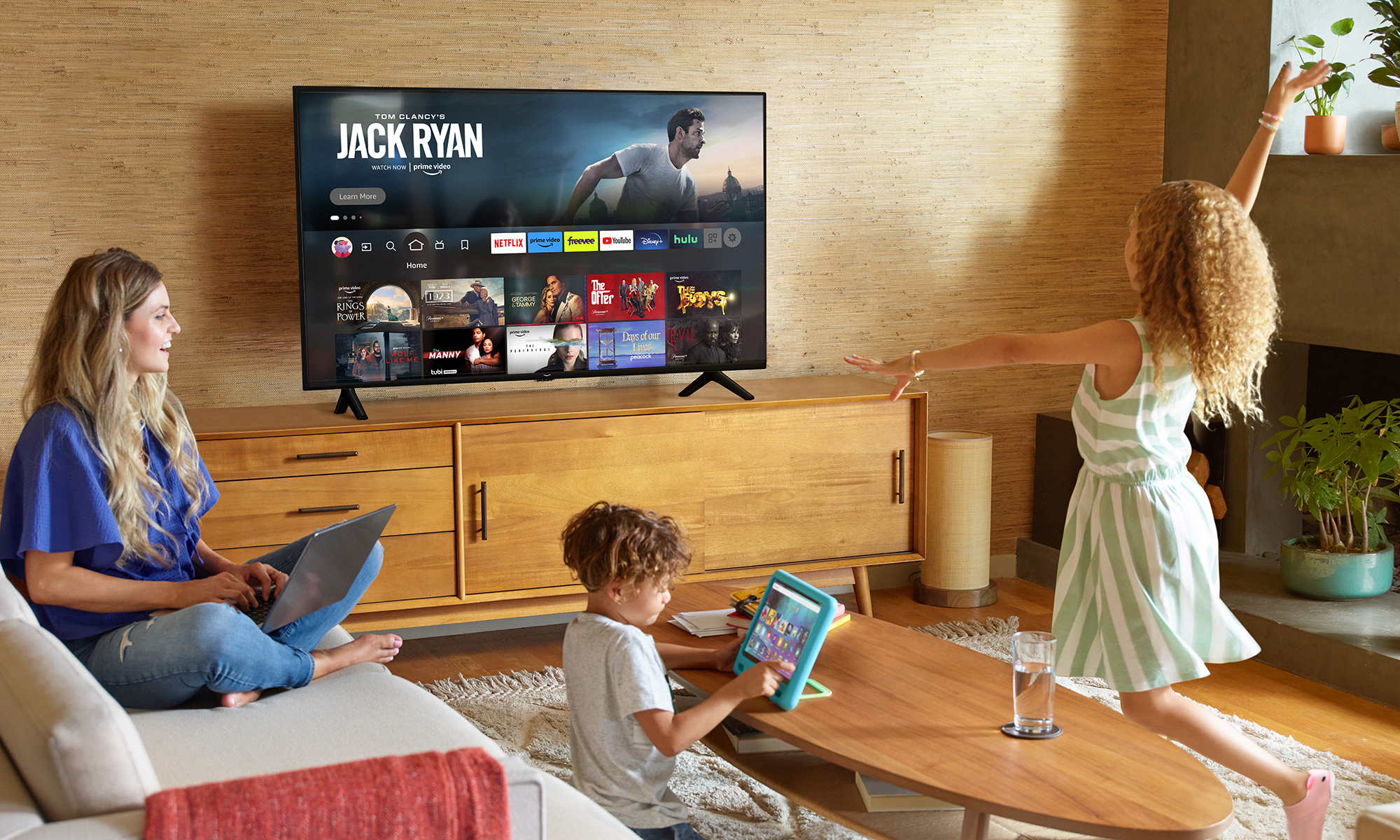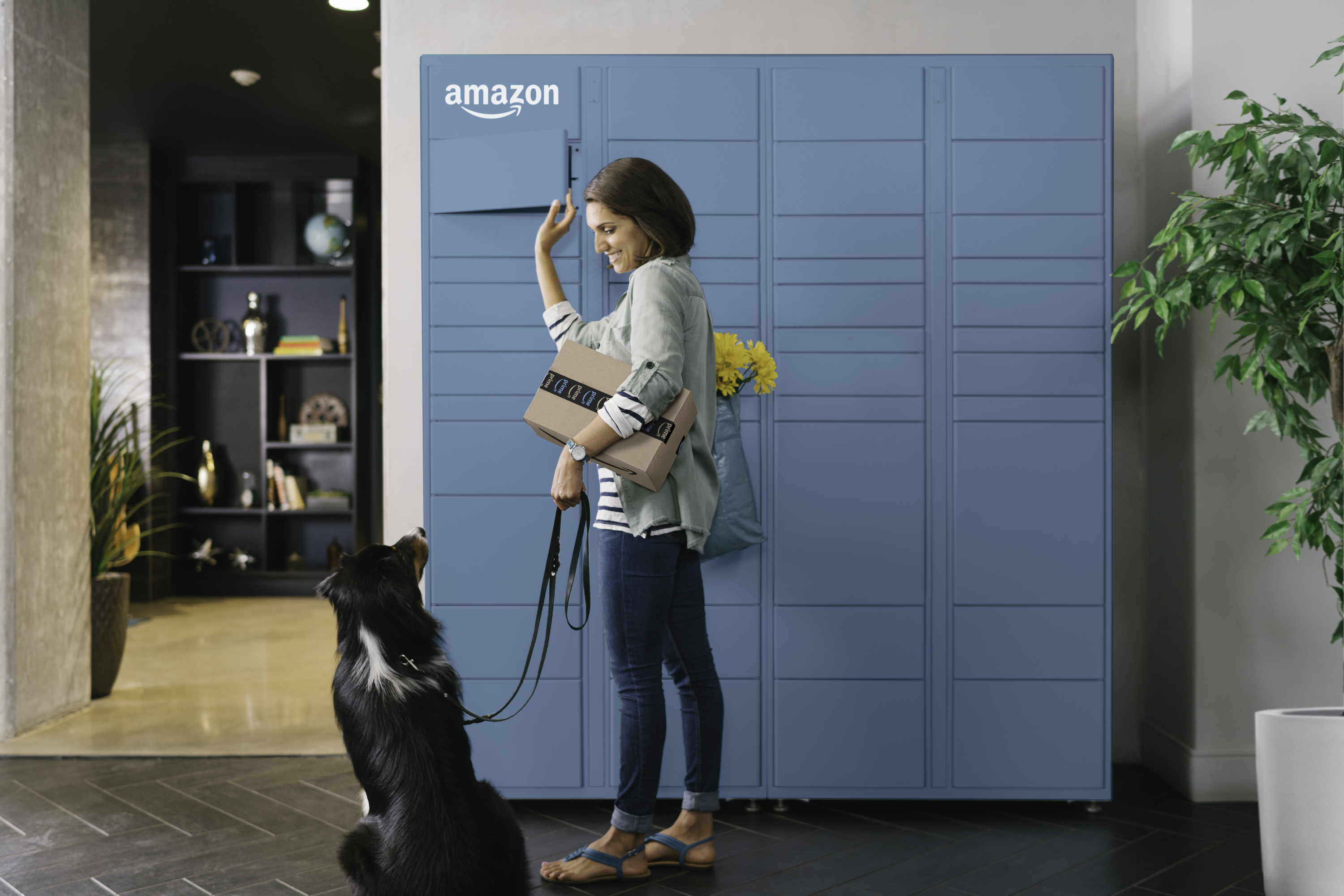Big retail names, including Macy's (M 0.10%), Amazon (AMZN 1.21%), Target (TGT +1.27%), and Best Buy (BBY +0.44%) pulled out all the stops this year for the highly anticipated Black Friday weekend. Who can blame them? It is, after all, the most important time of year for retailers. In fact, many retail chains generate as much as 30% of their total annual income during the months of November and December.
The Friday after Thanksgiving has long been known for its doorbuster promotions and dangerously excited masses of consumers eager to find the best deals. However, this year marked a new era for Black Friday, one in which more customers opted to shop online and on mobile devices than ever before.
Being a brick-and-mortar store with the best doorbuster offerings, therefore, wasn't enough this year. Instead, the retail winners were those companies with a multifaceted approach that included a seamless customer experience across mobile, e-commerce, and in-store promotions.
Convenience reigns supreme
Online shopping was bigger than in-store shopping on Black Friday according to a survey by the National Retail Federation. In fact, 103 million people said they shopped online over Thanksgiving weekend, compared to 102 million who said they shopped in stores during the period. This shouldn't be too surprising considering an increasing number of retailers, including Target and Wal-Mart, offered nearly all of their respective Black Friday deals both in-store and online this year.
Retailers had a "no compromise" attitude heading into the 2015 holidays, with many offering doorbuster deals for online shoppers as well as those who lined up in stores on Black Friday. This was a smart strategy considering online doorbuster deals made up as much as 40% of all online sales over the holiday weekend.
"It is clear that the age-old holiday tradition of heading out to stores with family and friends is now equally matched in the new tradition of looking online for holiday savings opportunities," said Matthew Shay, CEO of the National Retail Federation.
It's not surprising, then, that Amazon was the standout winner on Black Friday.
Sales on Black Friday reportedly increased 14% this year to $2.72 billion, according to estimates from Adobe. E-commerce giant Amazon took home the lion's share of that windfall -- particularly in regards to online sales. Amazon captured nearly 36% of all online Black Friday sales this year, according to shipment tracking data from Slice Intelligence. However, the e-tailer's biggest achievement that day was the millions of Amazon devices it sold.

Image Source: The Motley Fool.
Amazon sold three times as many Amazon-branded devices this year as it did the same period a year ago. Sales of Amazon's Fire TV were up more than six times year-over-year, whereas the new Fire tablet became Amazon's fastest selling tablet ever during the holiday shopping weekend.
This is incredibly valuable for the company going forward, because millions of device sales mean that millions of people will be using these devices to tap into the Amazon ecosystem. That competitive advantage will stick with Amazon well after the holidays are over.
Brick-and-mortars captured online shoppers as well
Amazon may have taken home the gold for Black Friday revenue this year; however, department store chains and big box stores with seamlessly integrated online and mobile channels were also winners. Best Buy, which is traditionally known for consumers camping in front of its stores ahead of Black Friday, proved it could also attract meaningful online traffic on this important shopping day.
The electronics brick-and-mortar chain was runner up to Amazon, capturing more than 8% of total online sales on Black Friday according to Slice Intelligence. Macy's clocked in with 3.38% of total online revenue, followed by Wal-Mart with 3.35%.
Target was noticeably absent from the top rankings for online traffic over the holiday shopping weekend in general. However, this may have had more to do with the discount store's Cyber Monday snafu than anything else. Target, which offered an unprecedented 15% off its entire website on Cyber Monday, was overwhelmed with traffic to its site.
That forced Target to meter traffic and put consumers in "virtual lines" -- a move that drove many would-be customers into the arms of competitors such as Amazon. Despite these setbacks, Target still had a decent turn out on Black Friday. Additionally, the company said it sold an iPad every second throughout the day on Thanksgiving.
The irony
The data has spoken, and the world's largest e-commerce retailer appears to be the official winner of what was traditionally a holiday shopping bonanza for brick-and-mortar outlets. Nevertheless, there were still plenty of people shopping in stores on Black Friday, despite the precipitous rise in online transactions.
The NRF's holiday shopping survey indicated that more than half of in-store shoppers over Black Friday weekend shopped at a department store such as Macy's, compared to 37% of in-store shoppers who hit up discount chains like Target or Wal-Mart. With 16 days left until Christmas there is still plenty of time for retailers to cash in on the holidays. The trick for retail chains going forward will be a consumer friendly balance of mobile, online, and in-store offers.









